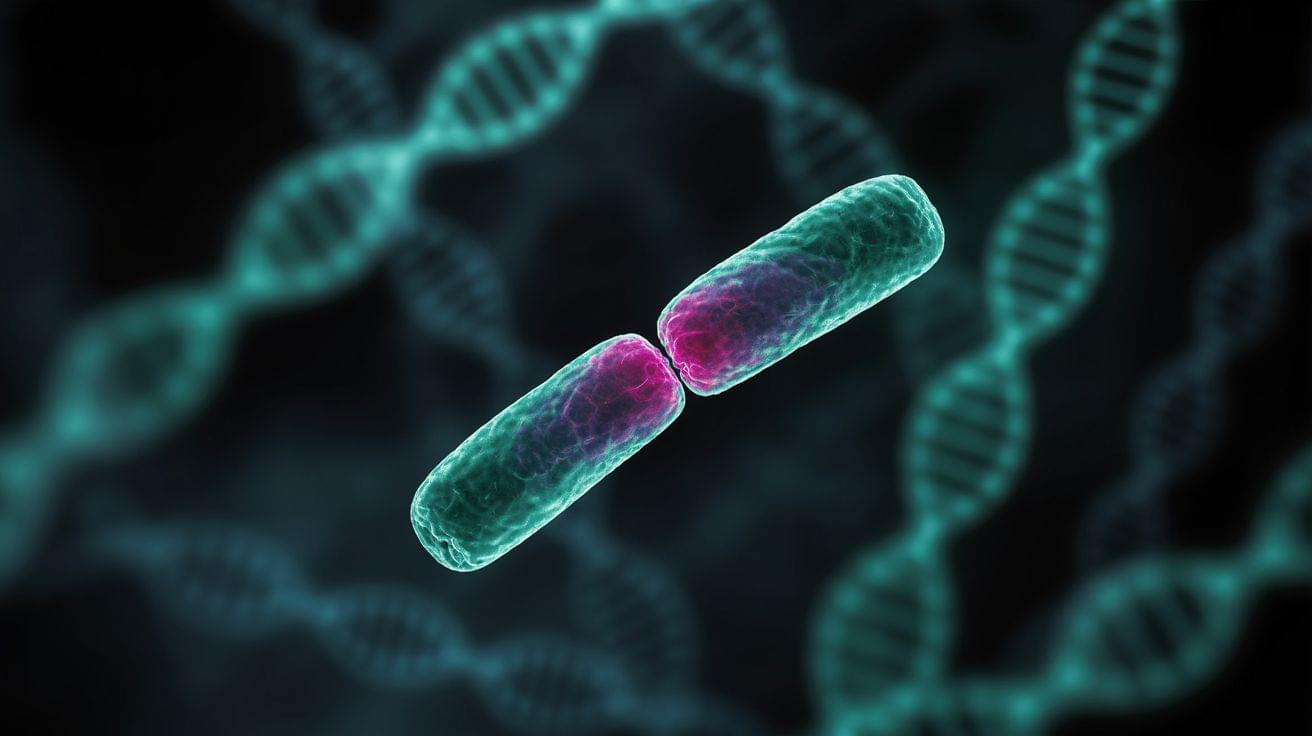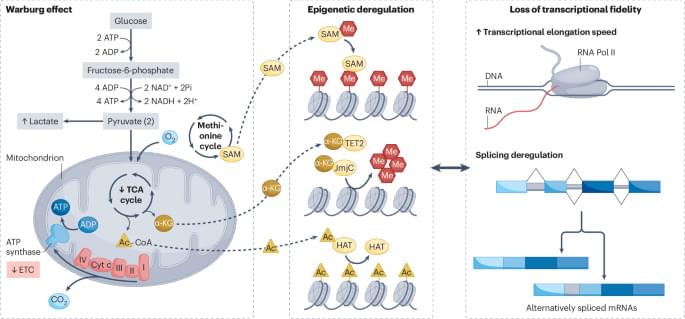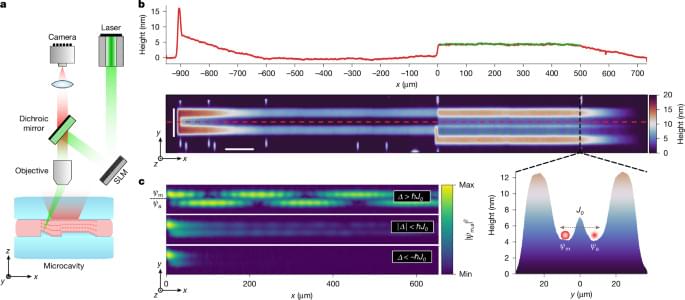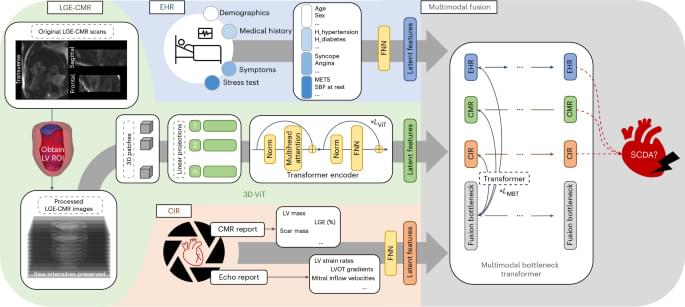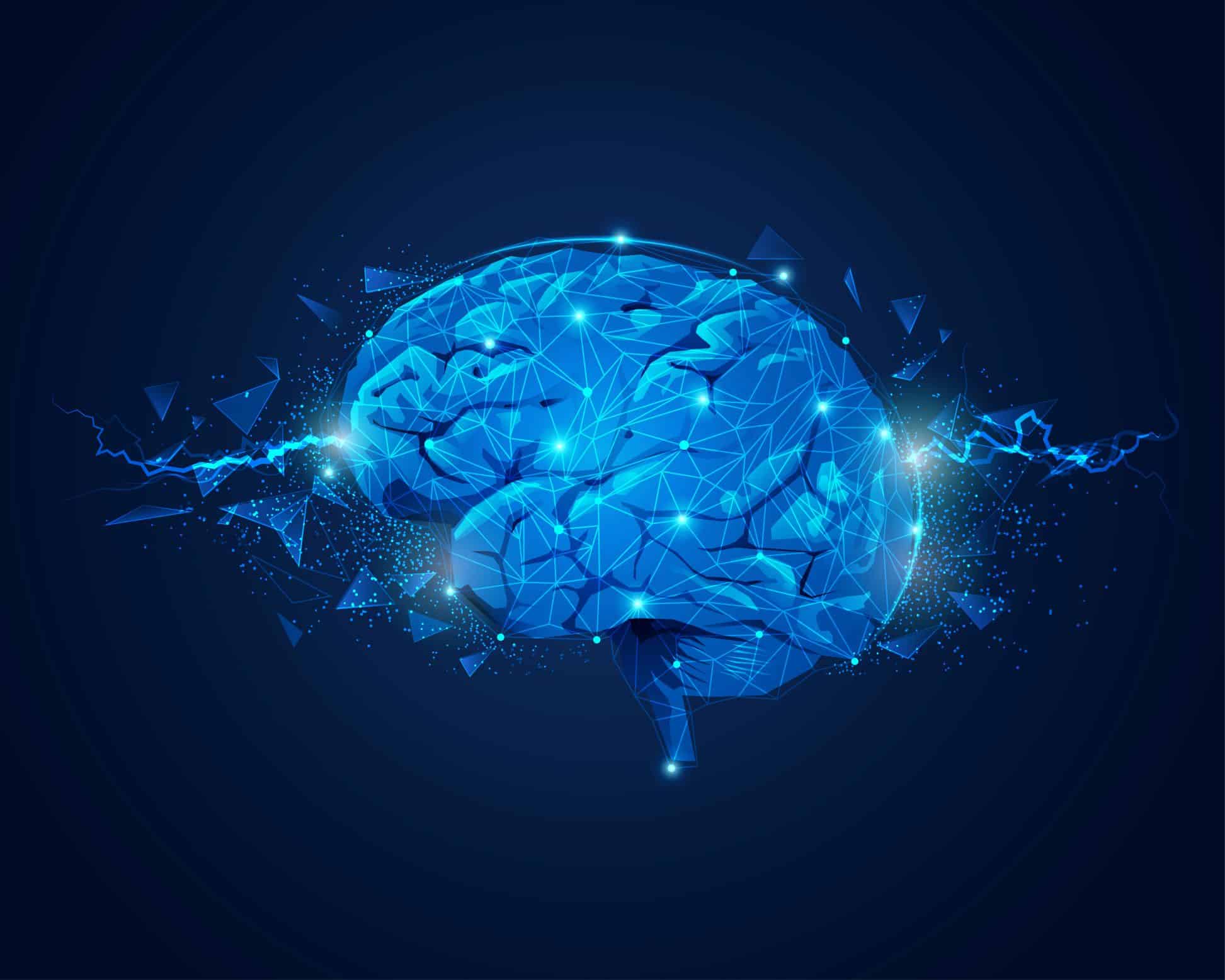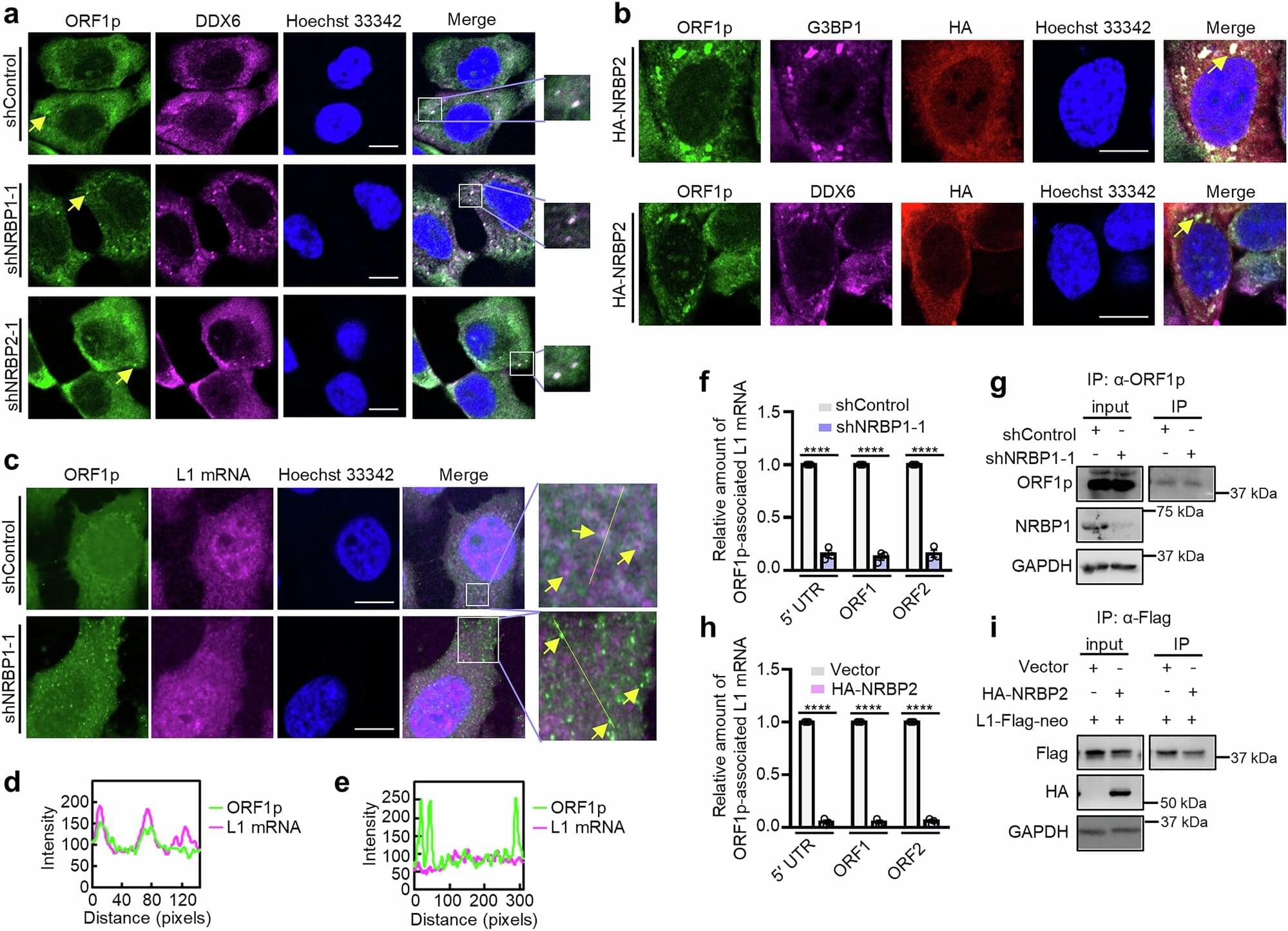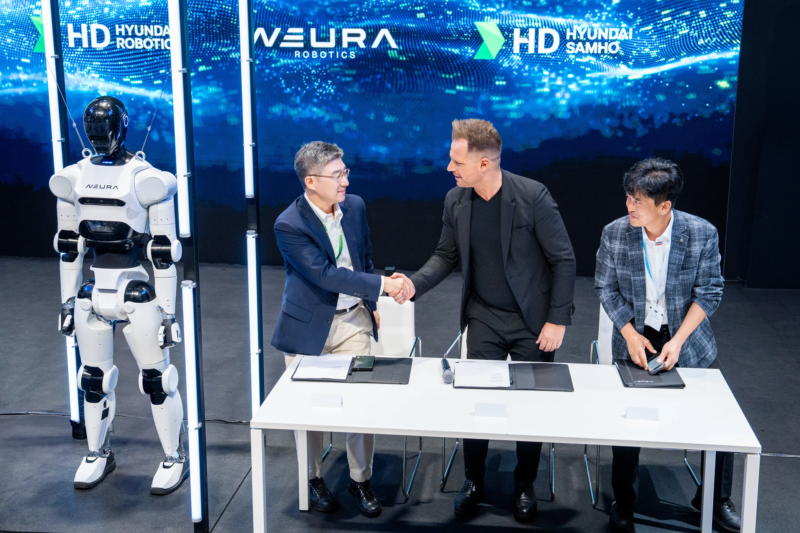Some species of fig trees store calcium carbonate in their trunks—essentially turning themselves (partially) into stone, new research has found. The team of Kenyan, U.S., Austrian, and Swiss scientists found that the trees could draw carbon dioxide (CO2) from the atmosphere and store it as calcium carbonate ‘rocks’ in the surrounding soil.
The research was presented at the Goldschmidt conference in Prague.
The trees —native to Kenya—are one of the first fruit trees shown to have this ability, known as the oxalate carbonate pathway.

